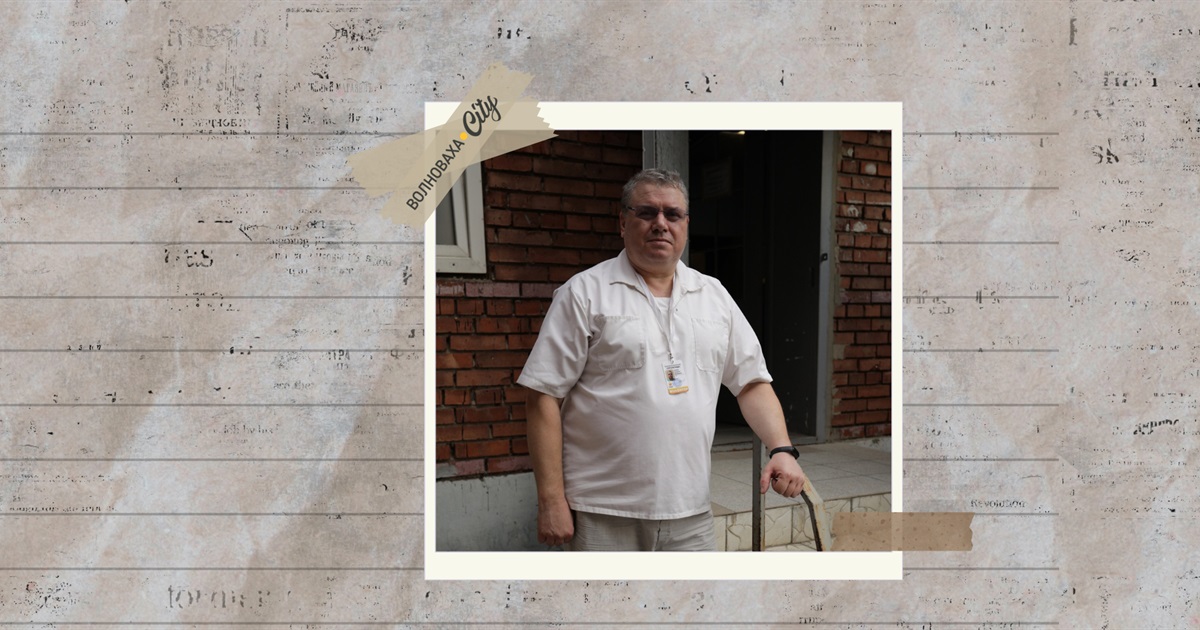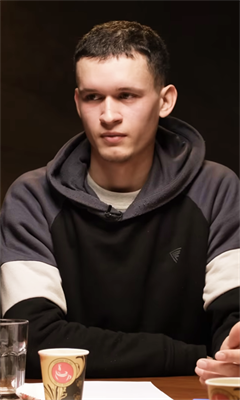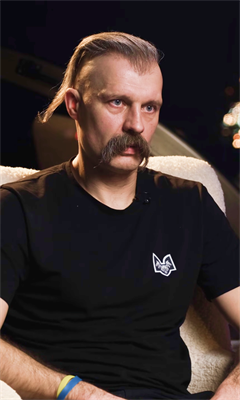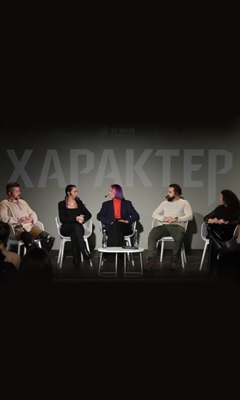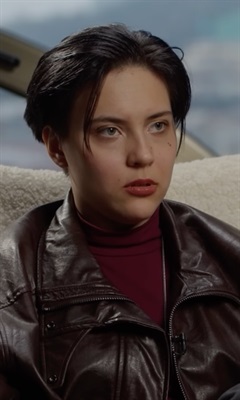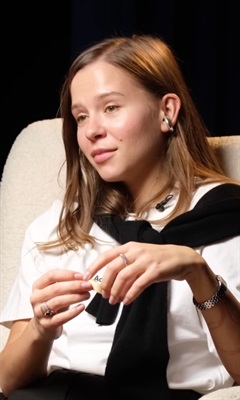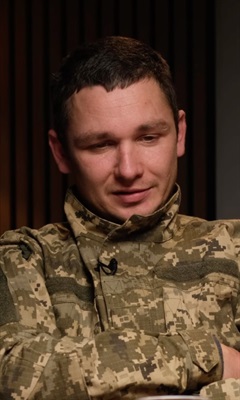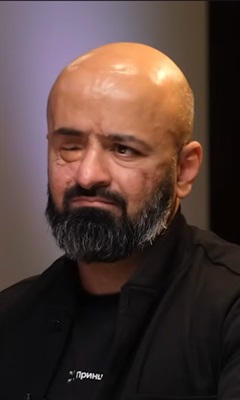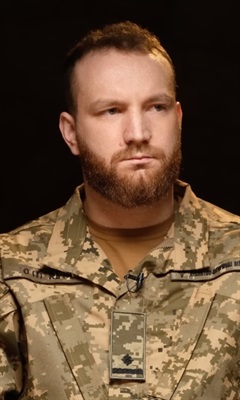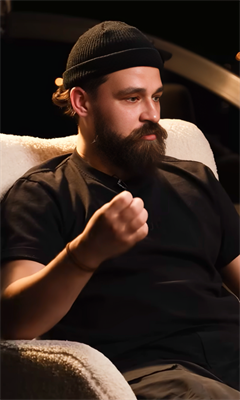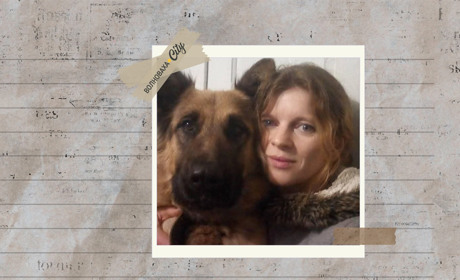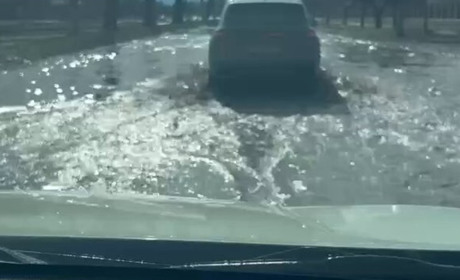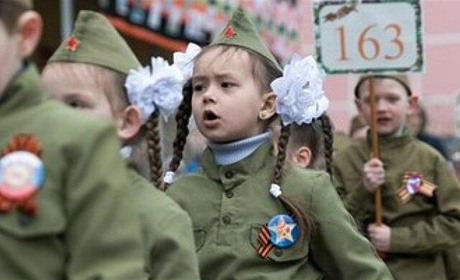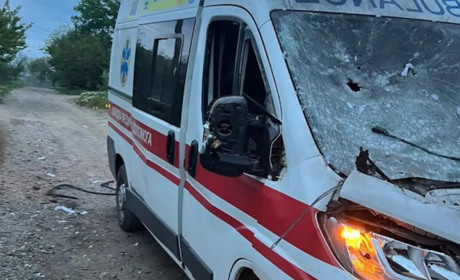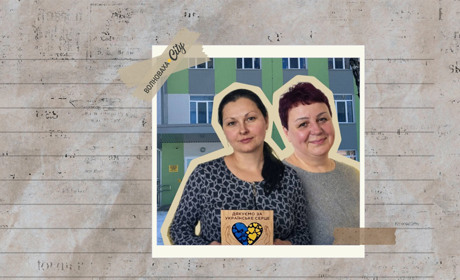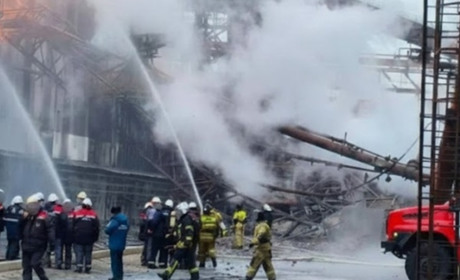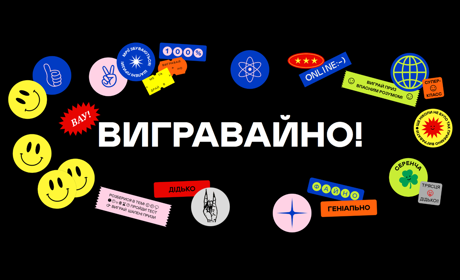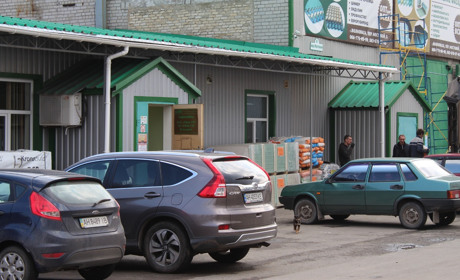Vladyslav Khymenko – a doctor who, as part of the NGO "Ordinary People" volunteer team, regularly travels on humanitarian missions to frontline villages in Volnovakha district. In places where medical infrastructure no longer exists, he provides aid to hundreds of people under constant shelling, becoming their last hope. The volunteer doctor shared his experience with Волноваха.City.
Inspiration for a Maxillofacial Surgeon
Vladyslav Khymenko began his medical journey in Kharkiv. He graduated from Medical College No. 1, and later from Kharkiv Medical Institute with honors in 1994. Starting from his second year of studies, he worked as a paramedic at the emergency hospital, and later in the maxillofacial surgery department.
"I am a maxillofacial surgeon by profession. While still a third-year student, I performed minor surgical procedures – my older colleagues trusted me," recalls Vladyslav.
He notes that he was curious from childhood – he chose medicine independently, though continuing the family tradition: his father is also a doctor, a trauma-orthopedist, now retired.
"From my first year, I already believed this profession suited me best. I watched operating surgeons perform procedures, and it inspired me," the doctor explains.
There Are No Other Doctors Here
After Russia's full-scale invasion of Ukraine, fate brought Vladyslav together with Oleh Yakovlev, coordinator of volunteer missions at NGO "Ordinary People." It was Yakovlev who proposed that the doctor go to frontline territories, where people had long been without access to medical care.
"They asked if I wanted to go, to communicate first, and then start helping people survive? To provide consultations and ensure medicines," recalls Vladyslav Khymenko about the start of his volunteer path.
The man says some might wonder: how can a maxillofacial surgeon consult on a wide range of diseases? The doctor answers: "The diploma always states 'doctor' first, then the specialty. We study all specialties. I possess specialized skills in various fields – from gynecology to pediatrics, therapy, and other areas."
Today, Vladyslav Khymenko is the only doctor for residents of many frontline settlements in Volnovakha district. When asked why colleagues don't join volunteer missions, he frankly notes: "People are afraid. What we do on each mission carries life risks."
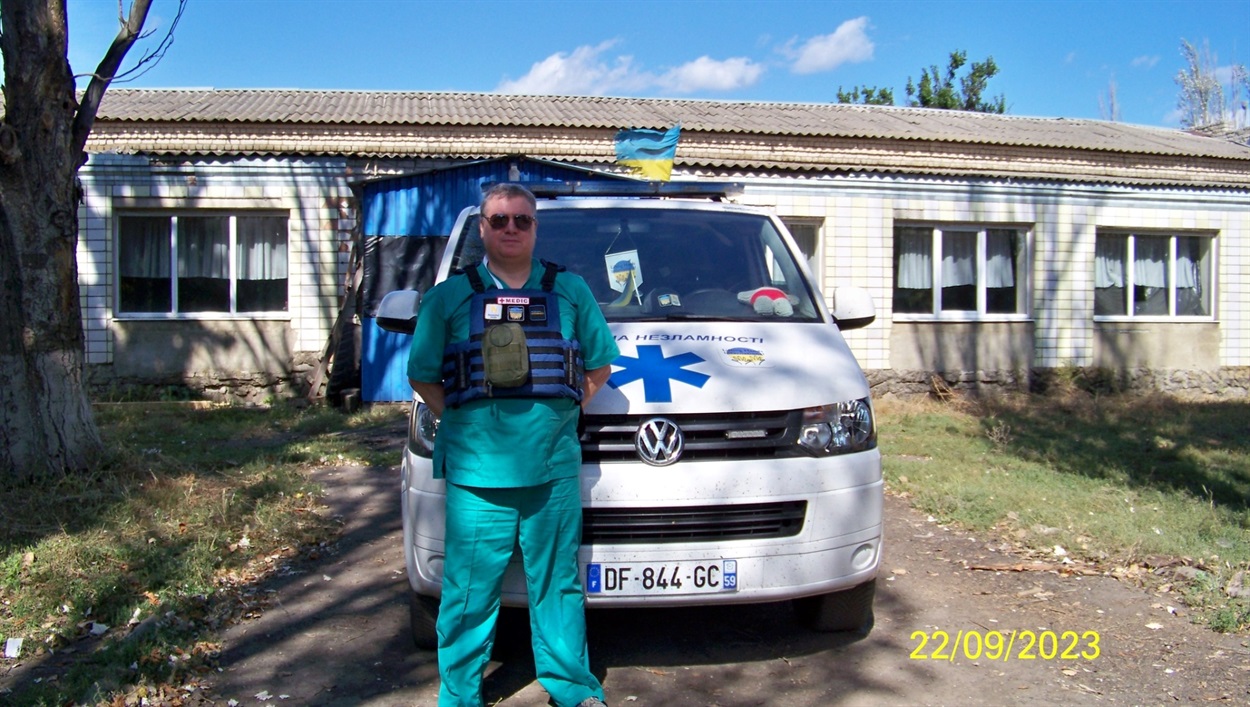 Vladyslav KhymenkoФото: Волноваха.City
Vladyslav KhymenkoФото: Волноваха.City
First Mission and Daily Challenges
Vladyslav Khymenko's first volunteer mission was to Novoelyzavetivka. Then came Maksymilyanivka, Novoukrainka, Bohojavlenka, and others.
"In Maksymilyanivka, the front line was only 12 kilometers away, and about 40 residents, mostly elderly, were hiding in the cultural center's basement," the doctor recalls.
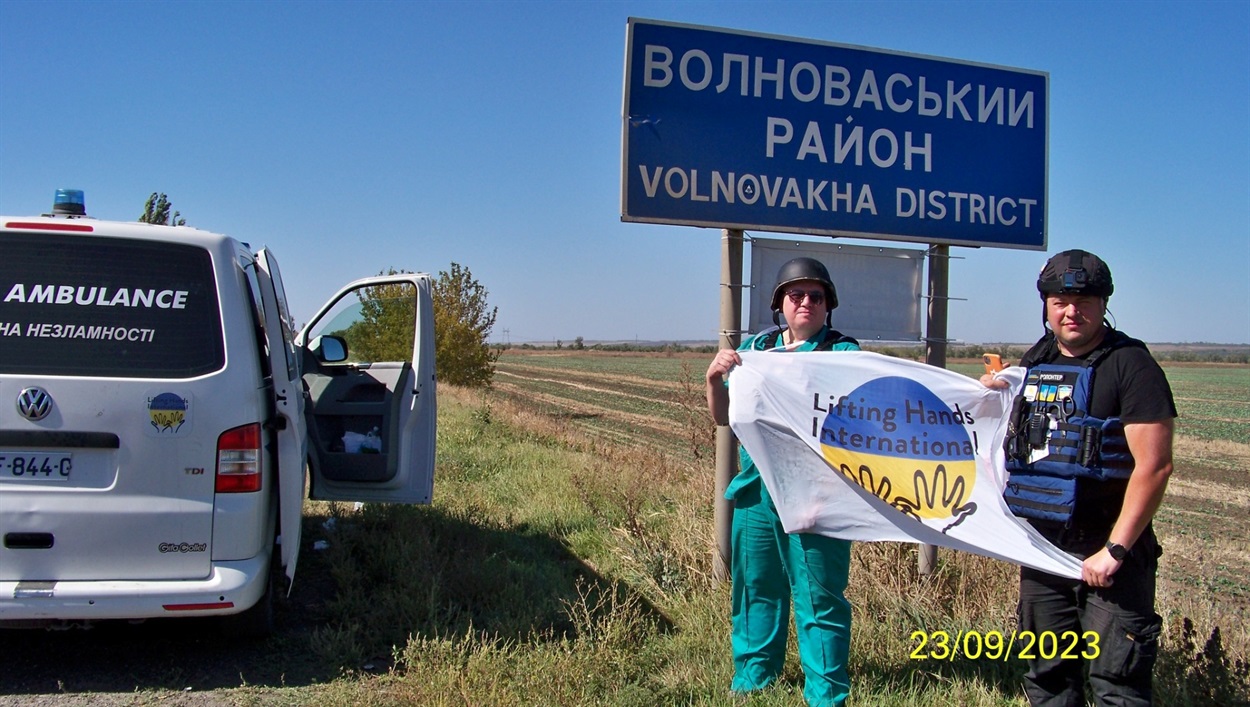 Volunteer doctor Vladyslav Khymenko and volunteer Oleh YakovlevФото: Волноваха.City
Volunteer doctor Vladyslav Khymenko and volunteer Oleh YakovlevФото: Волноваха.City
Today, the geography of his travels has changed. Due to front advances, some settlements have completely emptied, while others have only dozens of residents left.
"Zeleny Hai... Recently there were 350-400 people there, now 25-30 remain. Since February, when the village suffered heavy shelling, people left en masse," Vladyslav reports.
A typical volunteer mission day begins at 6 AM. The team loads medicines and heads to planned settlements. At the location, patients already await Vladyslav.
"When I enter a room, the first thing I do is take off my bulletproof vest and put on a medical coat. This uniform calms people. You understand, when doctor and patient meet, there must be intimate relations and trust – then a person can share their problems, and I must help them," he explains.
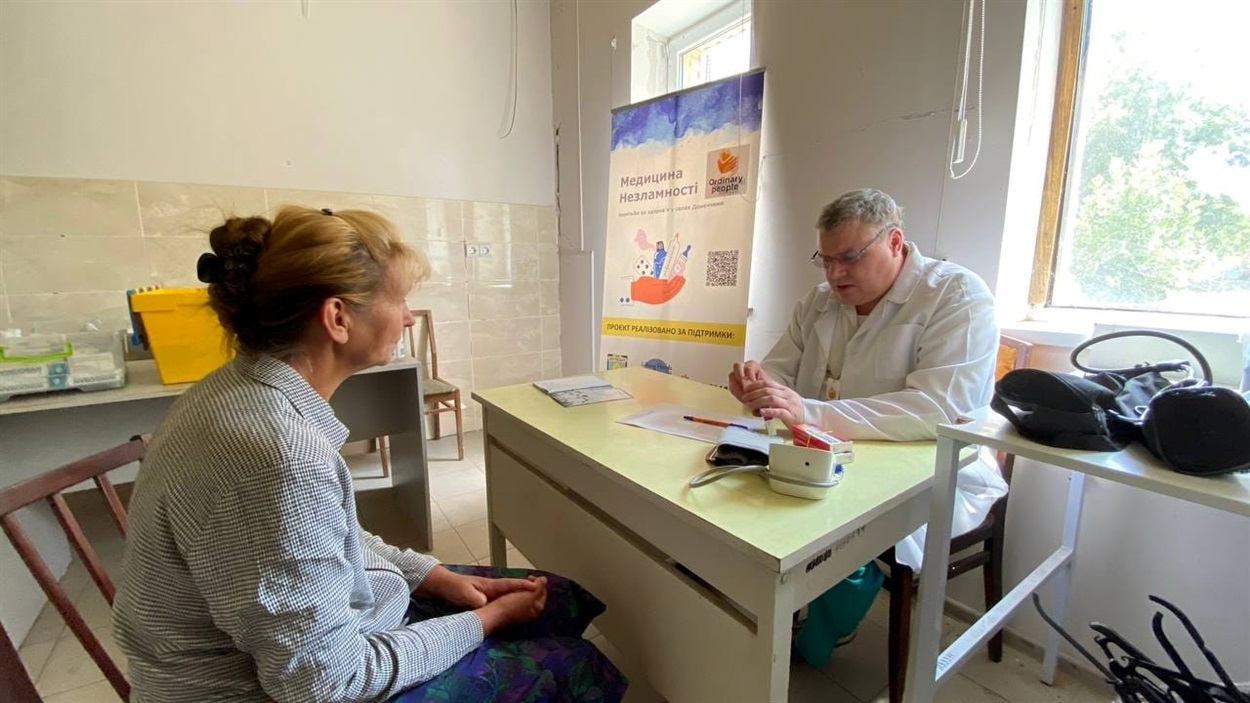 Volunteer doctor Vladyslav Khymenko with a patient in Volnovakha districtФото: Волноваха.City
Volunteer doctor Vladyslav Khymenko with a patient in Volnovakha districtФото: Волноваха.City
Blood Pressure 200
The doctor notes that the most common problems presented by frontline village residents are cardiovascular diseases.
"Most often it's hypertension, coronary heart disease, angina, which now have a very severe course. People come with blood pressure of 160, 170, even 200. I have to lower pressure on the spot, give medications," the doctor explains.
Many patients suffer from musculoskeletal disorders – arthrosis, arthritis. But the doctor is especially concerned about people's mental state.
"Everyone is nervous due to constant shelling, uncertainty about their future, their children's and friends' futures. I have to calm them and prescribe over-the-counter sedatives – Corvalol, Valocordin, valerian tinctures, etc.," notes Vladyslav Khymenko.
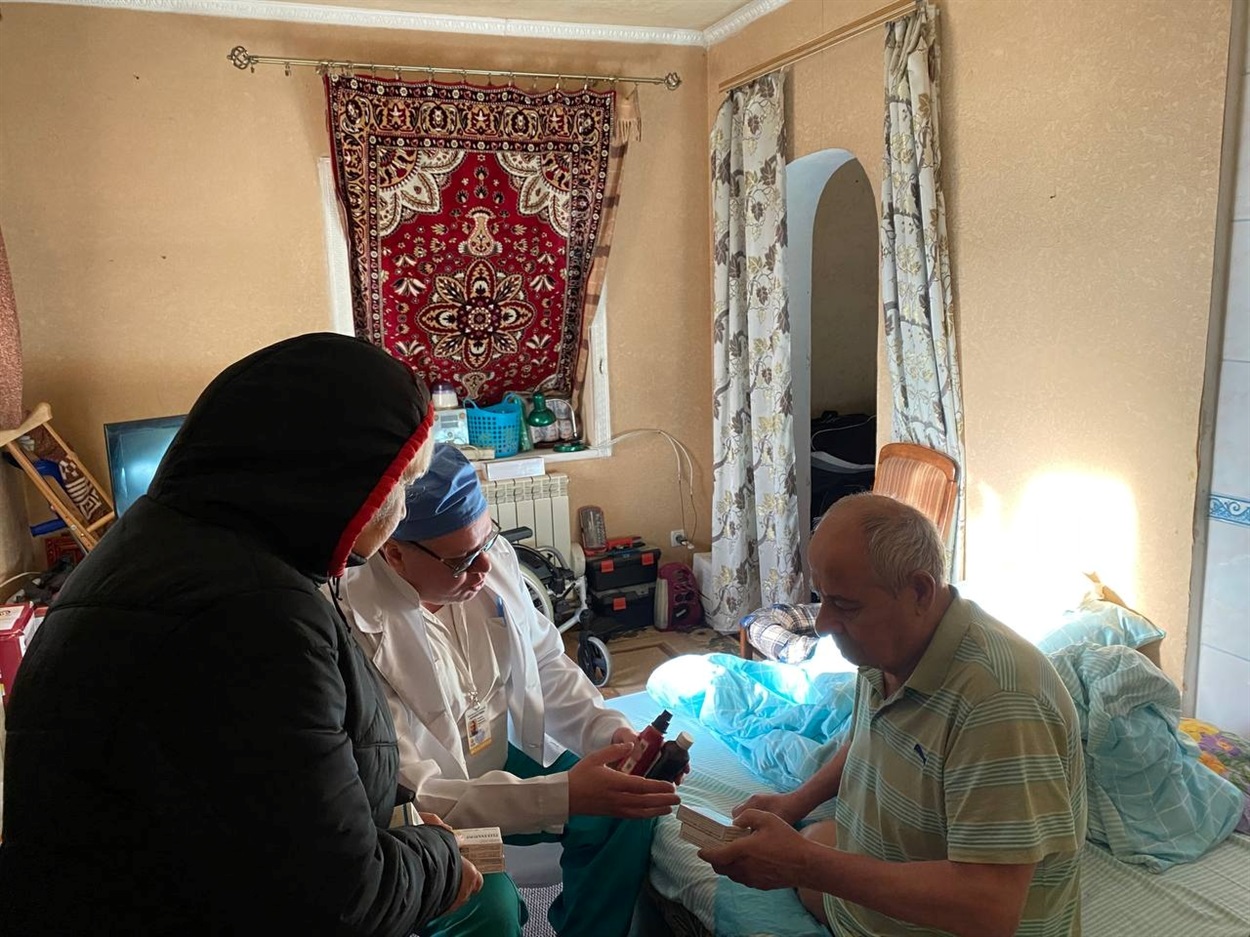 Volunteer doctor Vladyslav Khymenko with a patient in Volnovakha districtФото: Волноваха.City
Volunteer doctor Vladyslav Khymenko with a patient in Volnovakha districtФото: Волноваха.City
He emphasizes that the main thing in his work is not just dispensing medicine, but primarily patient interaction.
"Once, when I was a student, one of my teachers asked: 'When do you think a person starts healing after coming to a medical facility?' I listed: when the doctor examines, when medications are prescribed... But the answer was different: 'A person starts healing when they cross the threshold of a medical facility.' From that moment, recovery begins," Vladyslav shares.
Under Enemy Artillery Fire
Working in the frontline zone means constant risk of shelling. Vladyslav Khymenko has repeatedly found himself in dangerous situations.
"In 2023, we arrived in Kurakhove, where our volunteer point was. Around 10 PM, two Iskanders hit 100 meters from us. We took shelter in the basement, the lights went out... It was a very dangerous situation," the doctor recalls.
There were other instances when work continued under shelling sounds or emergency evacuations were necessary.
"Three or four missions ago in one village, there was shelling. My friends ran in saying: 'Hurry, Vladyslav Mykhailovych, let's go, shelling has started. We need to evacuate immediately.' We quickly packed up and left," he recounts.
When asked how he continues working after such situations, Vladyslav answers: "You rest a bit, talk with family, and go back to work. What else to do? People need help."
Medicine Without Infrastructure
Regarding medical infrastructure in Volnovakha district settlements where he's been, the doctor is categorical: "It's very bad there, just terrible. There's not a single feldshership-obstetric point."
The last FAP that Vladyslav Khymenko saw intact later emptied, then the building was hit.
In such conditions, the doctor must rely only on his knowledge and minimal equipment.
"Equipment-wise, we don't have much: stethoscope, blood pressure monitor, glucometer, pulse oximeter. You can't bring more – it's a frontline territory. You rely only on your knowledge and skills. A doctor is primarily clinical medicine: first symptoms, complaints, initial examination, and only then additional diagnostic tools," explains Vladyslav.
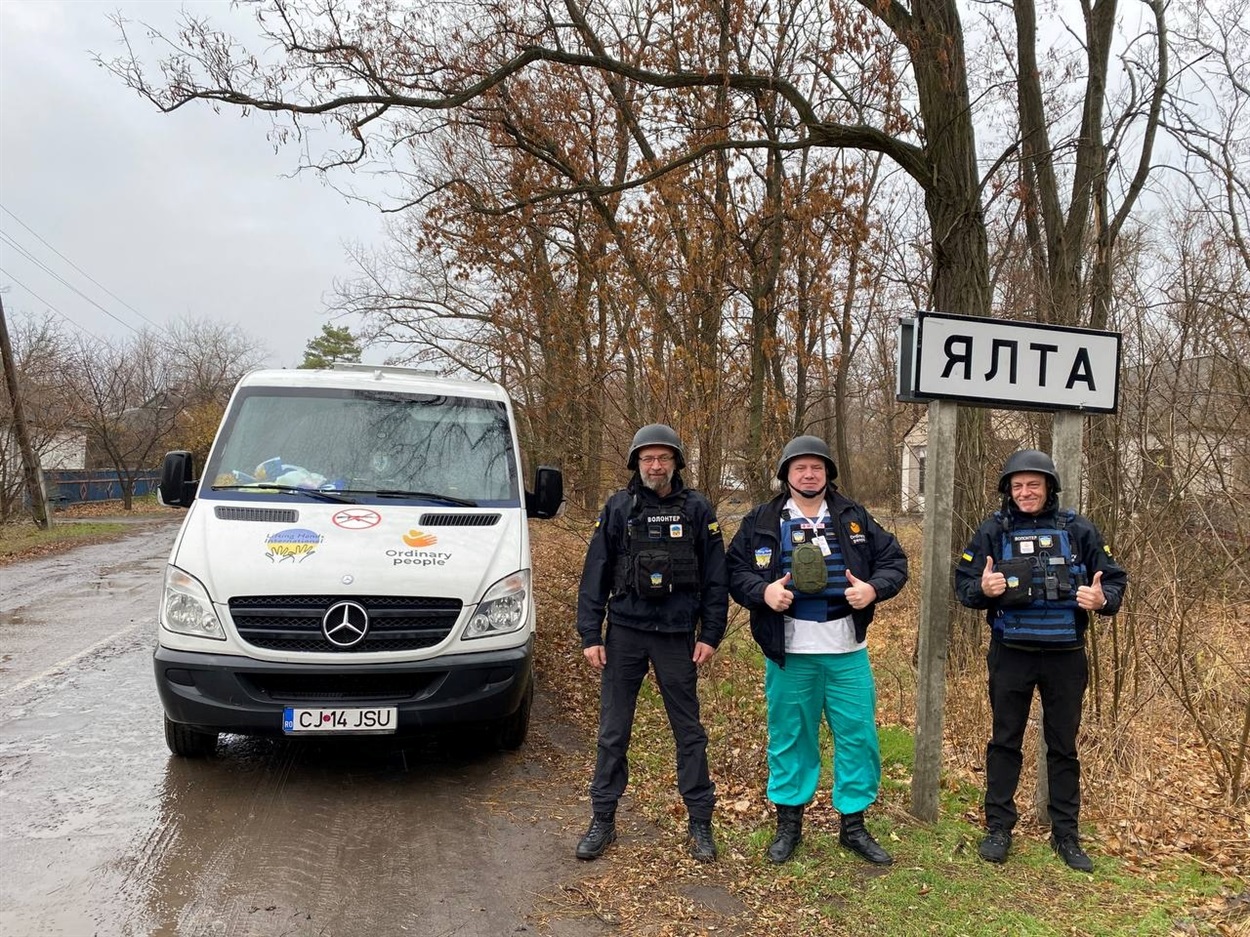 Volunteer doctor Vladyslav Khymenko with a team of volunteers in the village of Yalta, Volnovakha districtФото: Волноваха.City
Volunteer doctor Vladyslav Khymenko with a team of volunteers in the village of Yalta, Volnovakha districtФото: Волноваха.City
The Biggest Problem – Alcohol
A separate problem in frontline territories that Vladyslav Khymenko mentioned is alcohol abuse among locals.
"Mostly both men and women come to me with a strong smell of alcohol, which greatly interferes with communication and solving their problems. Many people think alcohol consumption somehow 'relieves' them. But actually, alcohol suppresses the nervous system, changes a person's reactions to stress and shelling. Due to alcohol abuse, people often become more aggressive, inadequate, mental disorders worsen," the doctor explains.
According to him, frontline territories have many people with severe mental illnesses, including schizophrenia, who need specific treatment. The doctor emphasizes that alcohol abuse only deepens these problems.
The doctor notes that despite all difficulties, he plans to continue missions as long as he can. He admits getting spiritual satisfaction from helping people who have no one else to help them.
"Who else, if not us?" the doctor concludes.
This material was published with the support of the Association "Independent Regional Publishers of Ukraine" and Amediastiftelsen as part of the Regional Media Support Hub project. The views of the authors do not necessarily coincide with the official position of the partners.



